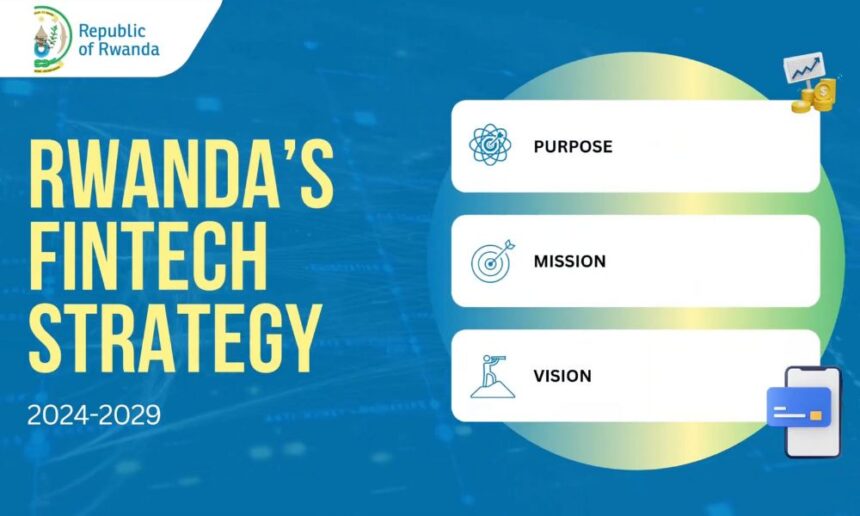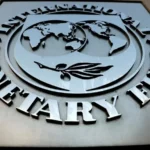The government of Rwanda has launched an ambitious five-year FinTech strategy that aims to position the country as a leading financial hub in Africa while fostering economic growth and financial inclusion.
Covering the period from 2024 to 2029, the strategy is part of Rwanda’s broader Vision 2050, which seeks to modernize the nation and transform its economy. It also aligns with the National Strategy for Transformation (2017-2024) and builds on the Kigali International Financial Centre’s (KIFC) efforts to attract global investment.
The FinTech strategy focuses on two core objectives: establishing Rwanda as a launchpad for both local and international FinTech companies and promoting digital financial inclusion.
By fostering innovation and encouraging the growth of FinTech startups, Rwanda seeks to create a thriving ecosystem that will allow financial services to reach more Rwandans while reducing economic disparity in the process. The initiative has a target to increase the number of FinTech players from 75 to 300 by 2029, alongside generating 7,500 new jobs in the sector.
- Advertisement -
One of the key goals is to leverage technology to drive a cashless society by promoting digital payments. This objective is in line with the National Payment System Strategy (2018-2024), which aims to increase financial accessibility through electronic transactions. By using data-driven solutions, FinTechs can offer more customer-centric services, contributing to broader financial inclusion.
The government has committed $200 million to the development of the FinTech sector. This significant investment reflects Rwanda’s determination to create a conducive environment for innovation, attract both local and foreign investment, and ensure robust regulatory frameworks.
The goal is to elevate Rwanda’s global FinTech ranking from 61st to within the top 30 globally by 2029 and to increase the usage of FinTech services to 80% of the population.










